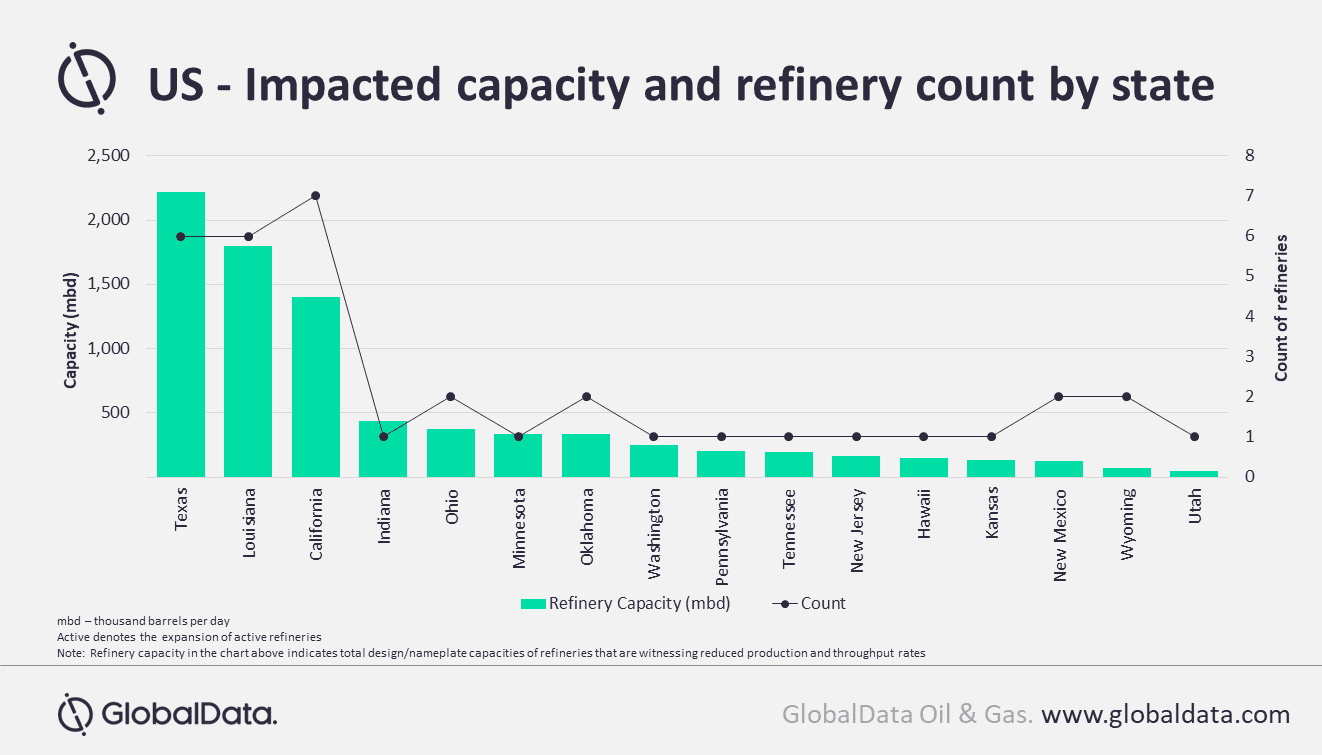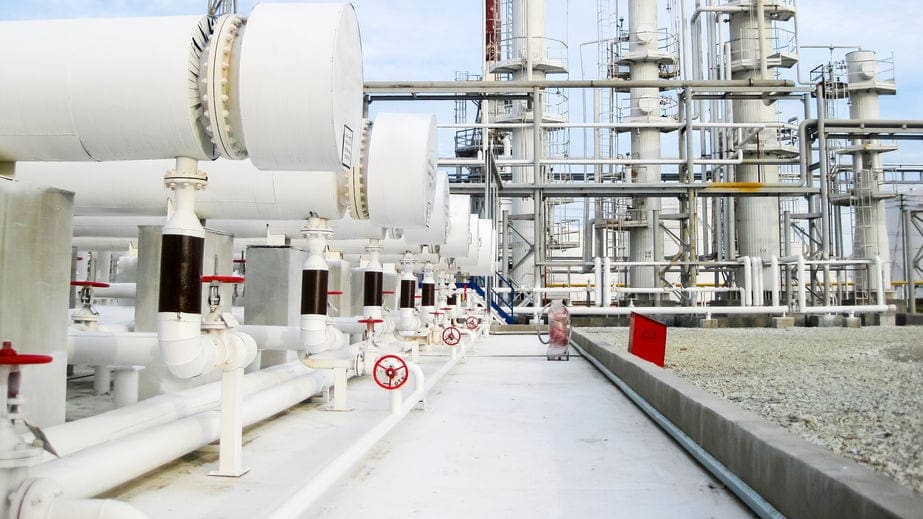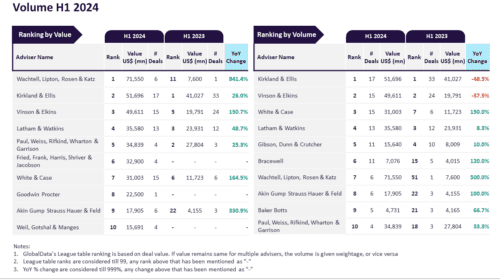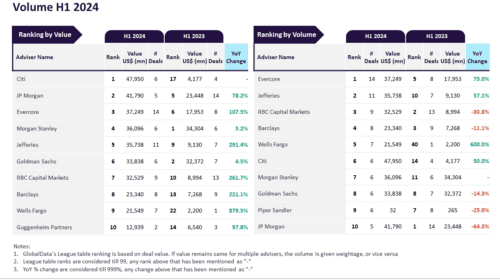The demand for gasoline and jet fuel has taken a hit as a result of nation-wide lockdown across the U.S. since late March 2020 due to the COVID-19 pandemic. Piling up of stocks caused challenges in the form of mounting inventory costs while storage concerns of refined products with shorter shelf life added additional strain to the diminishing profit margins. Lack of contingency plans to address these challenges has forced the U.S. refining companies to fall back on implementing remedial actions such as reducing operational capacity and slashing capital expenditure that can see off the current depressed market situation, says GlobalData, a leading data and analytics company.
Haseeb Ahmed, Oil and Gas Analyst at GlobalData, comments: “Several refineries have reduced their operating capacities while a few others have decided to suspend operations to navigate through the current crisis. BP plc’s Whiting refinery, with a capacity of 430 mbd, has decreased its crude runs by 30 percent due to a sharp fall in fuel demand amidst the COVID-19 outbreak; Total SA’s 238 mbd Port Arthur III refinery has reduced production rate to nearly 60 percent. Few other refineries, such as the Martines I operated by Andeavor in the U.S., has suspended the operations to tackle the devastating impacts caused by the virus.”
 Few refiners in the U.S. have also reduced their capex in response to the economic slowdown and adverse impacts of COVID-19. ExxonMobil Corp slashed its overall consolidated capex by US$10bn in 2020, from the initial plan of US$33bn, while Chevron Corporation has reduced by US$6bn, indicating the magnitude of the impact that the current crisis has on the region’s refinery sector.
Few refiners in the U.S. have also reduced their capex in response to the economic slowdown and adverse impacts of COVID-19. ExxonMobil Corp slashed its overall consolidated capex by US$10bn in 2020, from the initial plan of US$33bn, while Chevron Corporation has reduced by US$6bn, indicating the magnitude of the impact that the current crisis has on the region’s refinery sector.
Ahmed concludes: “Besides prioritizing capex and saving on cash to mitigate the effects of economic slowdown and lockdown, companies may look to restructure their businesses to evaluate diverse opportunities. Refiners are likely to continue analyzing the impact of COVID-19 on their operations and investments while keeping operational readiness for new business opportunities. However, they are expected to remain focused on key growth projects, ensuring long-term competitiveness.”
Oil and gas operations are commonly found in remote locations far from company headquarters. Now, it's possible to monitor pump operations, collate and analyze seismic data, and track employees around the world from almost anywhere. Whether employees are in the office or in the field, the internet and related applications enable a greater multidirectional flow of information – and control – than ever before.











